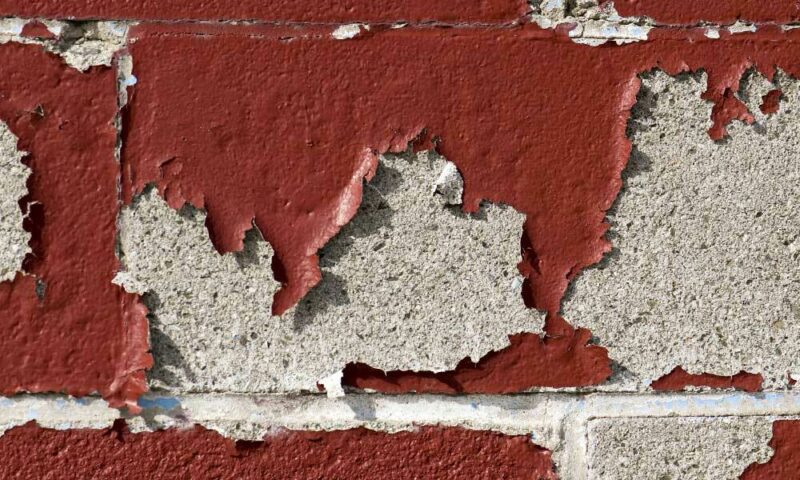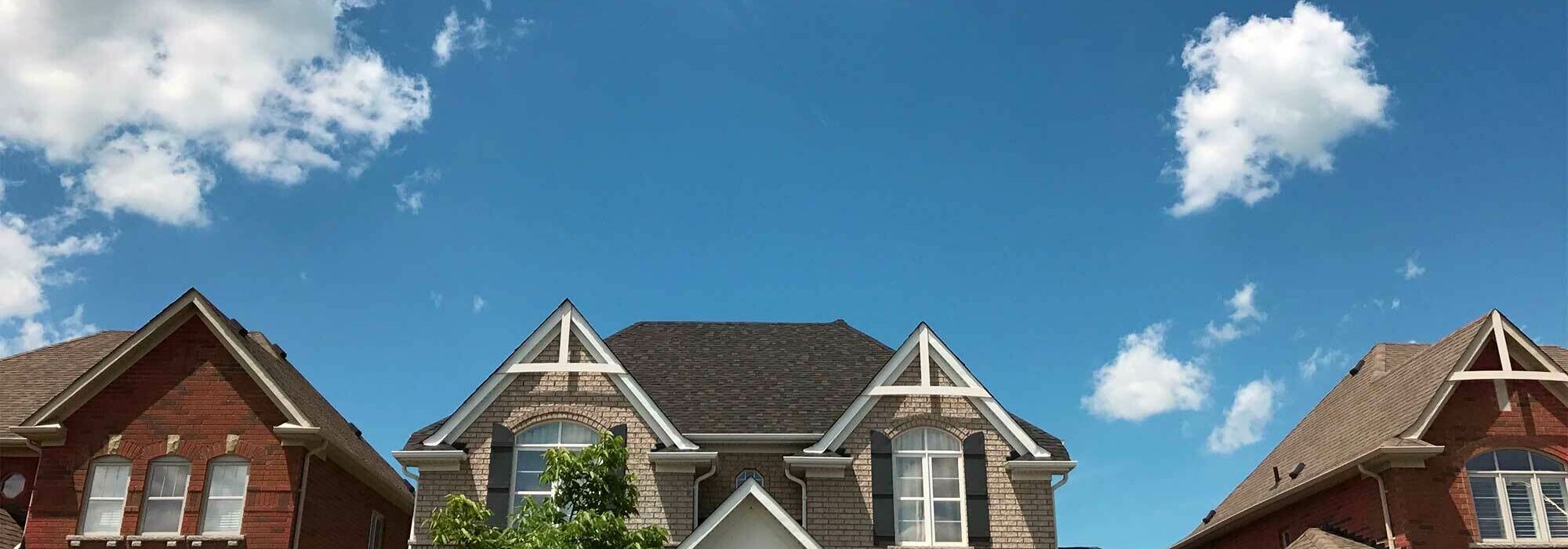Article Excerpt
Appraisals are necessary for both conventional & government-backed mortgages, but each program has different requirements. Learn more about what to expect.
When a homebuyer applies for a mortgage to buy or refinance a home, lenders typically require an appraisal of the property they want to buy. An appraisal is an estimate of a home’s value, performed by a real estate professional licensed or certified by the state.
Lenders use the appraisal to calculate the loan-to-value (LTV) ratio and to make certain that they are not about to lend more than the property is worth. Government mortgage programs have specific requirements for appraisals that may differ from the standard type of appraisal used in conventional mortgage loans.
The following is an outline of the programs’ various requirements.
» READ MORE: The Home Appraisal Process: What You Need to Know
Appraisals and Inspections
An appraiser will examine the condition of a home, but their focus will be on how it affects the home’s value. A home inspection by a licensed real estate inspector can provide much more in-depth information about a home’s condition. The goal of an inspection is to identify potential problem areas that a buyer might encounter once they own the home. Inspectors receive training in how to analyze and evaluate the condition of nearly every part of a home, from the foundation to the roof shingles.
» READ MORE: Home Inspections vs. Appraisals
While a recent appraisal is required for nearly every home purchase involving a mortgage lender, an inspection is not typically required for conventional loans and certain other types of loans. An inspection is a very useful tool for prospective homebuyers, though, since it gives them detailed information ahead of closing about areas of a home that might need expensive repairs.
Conventional Loans
Mortgage loans that do not have the backing of the federal government, also known as conventional loans, generally follow the guidelines established by Fannie Mae and Freddie Mac.

Photo by Jessica Bryant from Pexels
Fannie Mae requires an appraisal dated no more than twelve months before closing. For a conventional appraisal, an appraiser will look at four factors:
The location of the home
The home’s condition
Valuation of comparable homes in the area
Problems in the house that could significantly reduce its value
Unlike government loan programs, conventional appraisals do not have specific standards that homes must meet. The important metric for a conventional appraisal is that the loan amount requested by the borrower fits with the appraised value of the home.
FHA Loans
Loans backed by the Federal Housing Administration (FHA) require an inspection and an appraisal. In addition to fitting the requested loan amount, the home must satisfy all of the items on a checklist found in FHA regulations, which includes:
No damage to the foundation, roof, or exterior
Safe access to the premises
Working utilities
No exposed wiring or other electrical systems
A permanent heating system that provides sufficient heat for the home
No peeling or chipping lead-based paint
Access to clean water
No termites or other wood-destroying insects
Access to, and ventilation in, attics and crawlspaces
No soil contaminants, such as from a damaged underground storage container
No safety hazards, such as stairs without handrails
Compliance with local zoning regulations

Image by Marshall Reyher from Pixabay
If an FHA appraisal finds that a property does not satisfy this checklist, the appraiser may grant conditional approval with instructions on how to correct the problems. The seller is responsible for any required repairs. The buyer can work with the seller to make sure the repairs are completed. It may be possible to close on an FHA loan before this occurs if someone places funds in escrow to pay for whatever repairs remain to be done.
VA Loans
The U.S. Department of Veterans Affairs (VA) requires an appraisal, but not an inspection, for any mortgage that it backs. An appraiser for a VA loan will look at the home’s fair market value and determine that it meets the VA’s list of “Minimum Property Requirements” (MPRs). This list is very close to the FHA’s checklist. It includes a requirement that the home must “have space for living, sleeping, cooking and dining, and sanitary facilities.”
If a VA appraiser finds any problems or defects in the home that do not satisfy the MPRs, they will notify the parties. The loan might not be able to close until the problems are fixed, but as with an FHA appraisal, it might be possible to place money in escrow to deal with the problem later.

Photo by Bucography on Unsplash
USDA Loans
The U.S. Department of Agriculture (USDA) helps people buy homes in designated rural areas. It requires an appraisal for any mortgage that it backs, but not an inspection. Like other government programs, a USDA appraisal looks for more than just the home’s fair market value. The appraiser must also evaluate whether the home meets the USDA’s list of requirements. Any defects typically must be resolved before closing may occur.
The USDA’s list is similar to the lists for the FHA and the VA, although it has items that are specific to rural locations. These include:
The home must be located in a qualifying rural area.
Any well or septic system must be located at least 100 feet away from the home.
The land’s value is no more than 30% of the home’s value.
The property has no structures used to produce income, such as silos, barns, or livestock facilities.
Get Guidance through the Mortgage Process
Learn about the steps of the mortgage process.
Thankfully, it’s not the homebuyer’s responsibility to check through all these requirements. An experienced team, consisting of a mortgage loan officer, real estate agent, appraiser, and many more people, will walk you through the process.
It’s essential to choose trusted professionals as you purchase a home. The Wood Group of Fairway would be honored to help you on the financing side. Get started with us now!



